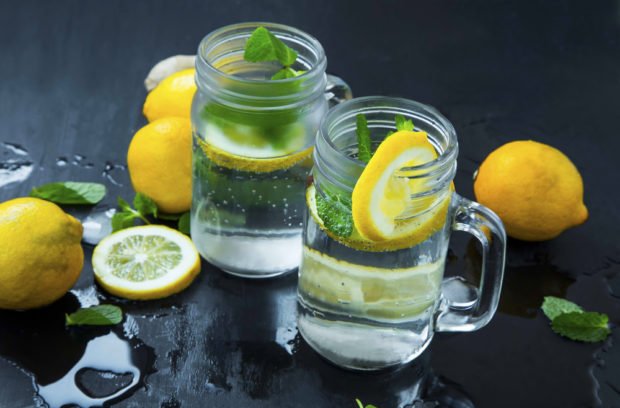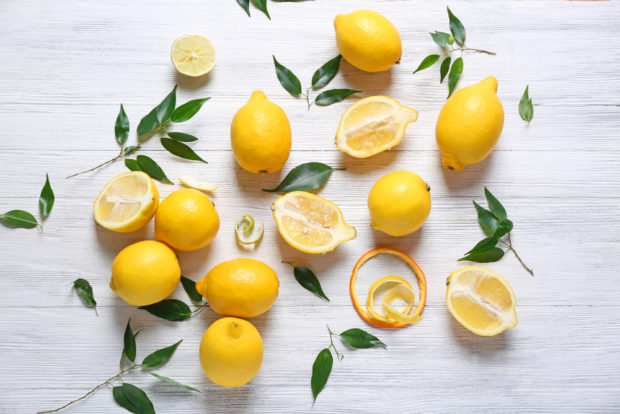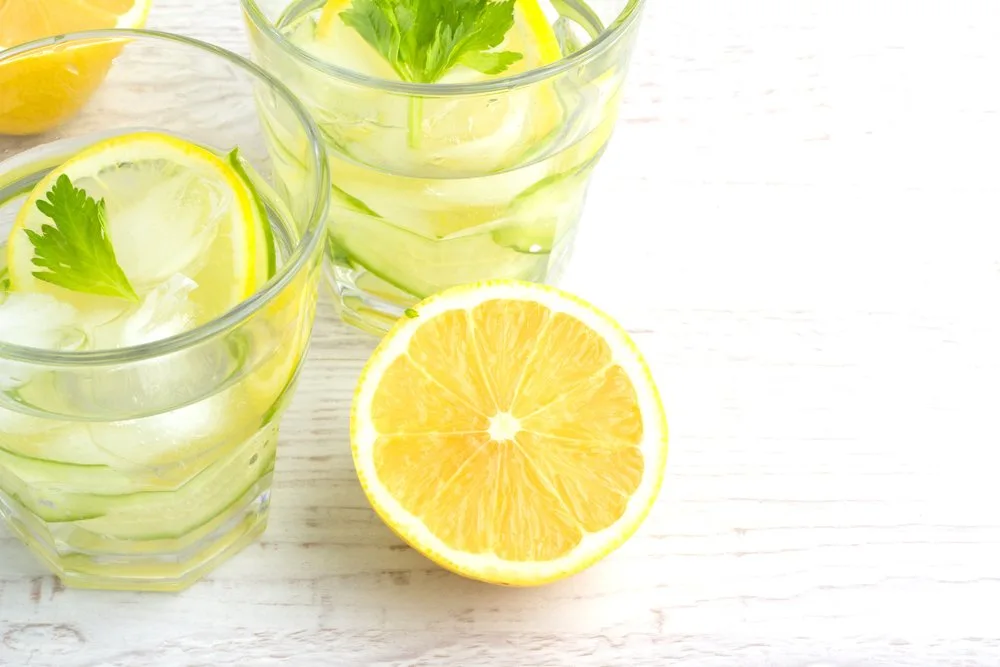It’s always said that the best way to adopt a healthier lifestyle is by making changes to your morning routine. In fact, these simple changes can result in a much healthier you. That said, what could be a great addition to your morning routine that would not only get you started for the day but give your health a much-needed boost? It’s simple – lemon water.
A beverage that only contains water and lemon juice, or slices, (and sometimes other optional ingredients that include ginger, cucumber or mint), lemon water is not only refreshing, but it offers a few benefits that may surprise you.
Benefits of lemon water
It has a detoxifying effect
The liver is responsible for helping to detoxify the body, as well as filtering out waste and toxins. As a result, it’s important to ensure that the liver is healthy enough to carry out its necessary tasks.
According to an animal study published in the Journal of Medicinal Food, the citric acid found in lemon water helped to protect the liver as well as its ability to properly function.
May aid your digestion
If you want to improve your digestive health, one effective way to do so would be by drinking plenty of water. Staying hydrated helps to encourage bowel movements, as well as soften stools, which then reduces the risk of digestive concerns.
If you’re battling with getting your daily water intake, adding lemons to your water for flavor is sure to help. However, it’s important to remember that there are many different causes for digestion, and if you continue to battle with your digestive health, then you should seek medical advice immediately.

Promotes healthy skin
Lemon water contains vitamin C, which a lot of us associate with protecting our immune system. While true, vitamin C also has a great effect on the skin.
In fact, vitamin C helps to protect the skin against the premature aging effects of free radicals. Additionally, vitamin C also encourages the body to produce more collagen, which then reduces the appearance of wrinkles and fine lines. That said, research published in the American Journal of Clinical Nutrition found that individuals who regularly consumed vitamin C soon noticed fewer wrinkles as well as a more youthful appearance.
May promote weight loss
Proponents of lemon water often tout the weight loss benefits that come with the beverage, however, this is not necessarily true. Unfortunately, no research has proven that lemon water can lead to weight loss.
However, a study published in the Journal of the American Dietetic Association found that drinking water before meals helped to reduce the number of calories consumed. This may be because water encourages feelings of fullness. That said, lemon water may encourage weight loss, yet it’ll have more to do with water, and less with lemon.
Additionally, swapping out your favorite diet soda, fruit juice, or energy for lemon water may also lead to weight loss. This is because these beverages are often laden with sugar and calories – both of which encourage weight gain.
Boost your immunity
As mentioned, lemon water contains vitamin C which, as most of us are aware, helps to strengthen the immune system.
In fact, a Swiss study published in the Annals of Nutrition & Metabolism found that a healthy dose of vitamin C can help reduce both the duration and severity of the common cold. With that said, while lemons are packed with vitamin C, the amount of vitamin C in lemon water may not be served to fully protect you against the sniffles. How so? Well, research has found that around 1000 mg of daily vitamin C is needed to effectively combat the common cold, yet an entire lemon contains a quarter of that amount. If you’re currently battling a cold, it’s best to opt for a vitamin C supplement.
Protection against kidney stones
The kidneys work not only to filter blood but to help remove urine from the body. Unfortunately, there are instances whereby the kidney’s health may be compromised. One such instance is the formation of kidney stones.
 Kidney stones are formed when small, hard deposits accumulate in the kidneys, often as a result of excessive calcium build-up (the kidneys are also responsible for regulating healthy calcium levels in the blood). Luckily, lemon water can help to fight off kidney stones.
Kidney stones are formed when small, hard deposits accumulate in the kidneys, often as a result of excessive calcium build-up (the kidneys are also responsible for regulating healthy calcium levels in the blood). Luckily, lemon water can help to fight off kidney stones.
This is because lemons contain both potassium and citrate (a form of citric acid), and these two compounds can help to break down kidney stones. How so? The combination of potassium and citrate binds with the excess calcium and helps to remove it from the body. Additionally, the water in lemon water helps to aid in the flushing out of kidney stones.
What’s more, lemonade may even help to combat those painful kidney stones. Research published in the Journal of Urology found that patients who consumed lemonade over a period of four years experienced a significant decline in the formation of kidney stones.
What about my body’s pH?
Amongst holistic dietitians, there is a consensus that one needs to consume alkaline foods, in order to combat the detrimental effects of acidic foods that can cause harm to the body. Alkaline foods often refer to fruits and vegetables, whereas foods that may cause acidity are meats, processed foods, as well as dairy.
While the idea behind this is fair, it’s important to remember one thing – your diet cannot affect the pH of your blood or your cells. Therefore, consuming lemon water will have no effect on your body’s pH levels.
Drinking lemon water
When it comes to mixing lemon water yourself, all you need to do is cut up two slices of lemon and place it in a glass of water. Also, it’s important not to drink too much lemon water as you may be at risk of harming your teeth. Rather, stick to a glass a day.



![women [longevity live]](https://longevitylive.com/wp-content/uploads/2020/01/photo-of-women-walking-down-the-street-1116984-100x100.jpg)











Very nice article about lemon. Happy to read it!!